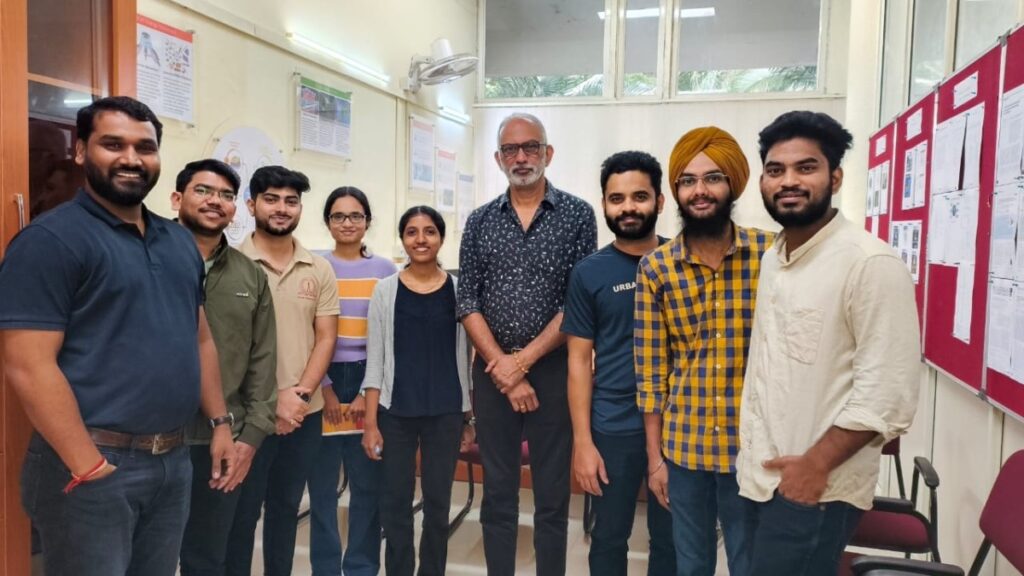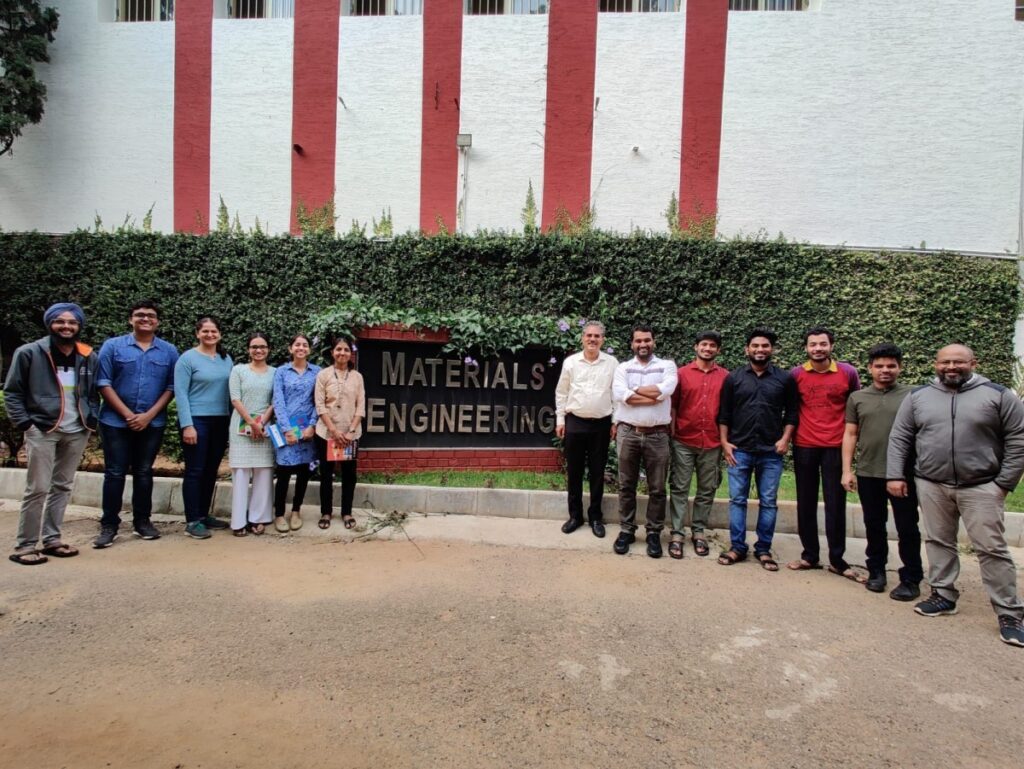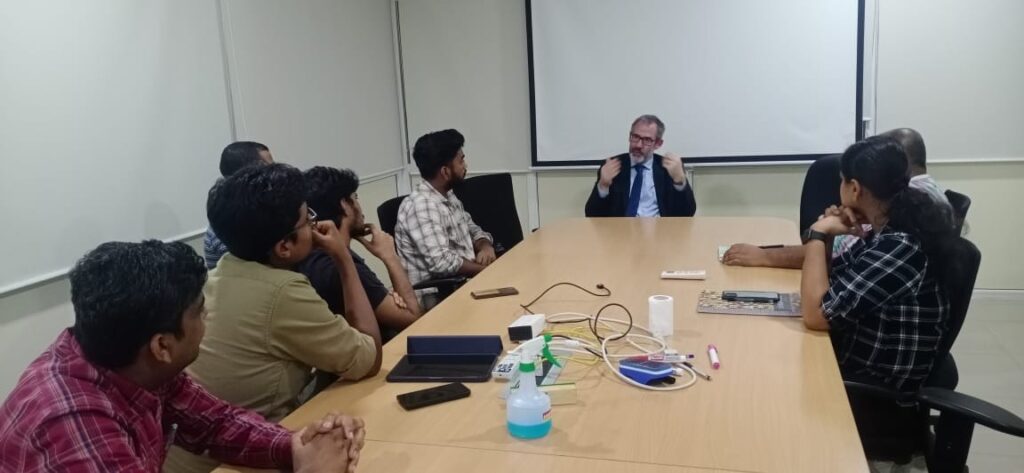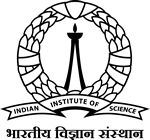Bridging Young Minds with Academic and Industry Experts
As a young Assistant Professor, I bring several advantages to the table – energy to new ideas, and a deep understanding of the latest advancements in the field. However, like every early-career academic, I recognize that I’m still building the kind of extensive experience that many senior professors possess after decades in academia. I have over 10 years of research experience and 5 years of supervision and mentorship, but I’m aware that certain wisdom and nuanced perspectives can only come from long years in the profession. Acknowledging this, I’ve actively sought creative and impactful ways to ensure that my students and research team are not limited by this gap. To address this, I’ve launched three focused talk series within our department:
- Industry-Academia Talk Series
- Semiconductor Talk Series
- AFMM (Advanced Facility for Microscopy and Microanalysis) Talk Series
Through these platforms, I regularly invite senior professors, editors, accomplished researchers, and experienced industry experts from across India and around the world. These talks are more than just lectures, I arrange personal, interactive sessions with my team members either before or after the main department seminars. This gives my students a unique opportunity to engage one-on-one or in small groups with these experts, ask direct questions, and receive insights and advice that might otherwise be out of reach. In addition to these initiatives, I also strongly believe in the value of international collaborations. I make a conscious effort to build professional connections with senior international faculty and actively involve my students in these collaborations. For example, my ongoing collaborations with renowned researchers like Prof. Saiful Islam (FRSC, FIMMM) from the Department of Materials, University of Oxford, and Prof. Aditya Mohite from Rice University, USA, provide our team members with opportunities to interact, learn, and broaden their academic exposure beyond our institution. This culture of openness and external engagement ensures that my students are continuously exposed to diverse ideas, global research trends, and valuable mentorship from some of the most respected leaders in our field, effectively filling the experience gap that naturally comes in a young lab like ours. By working in my research group, students gain the best of both worlds: the energy and flexibility of a young, dynamic lab and access to the wisdom and experience of established international and national academic leaders.



